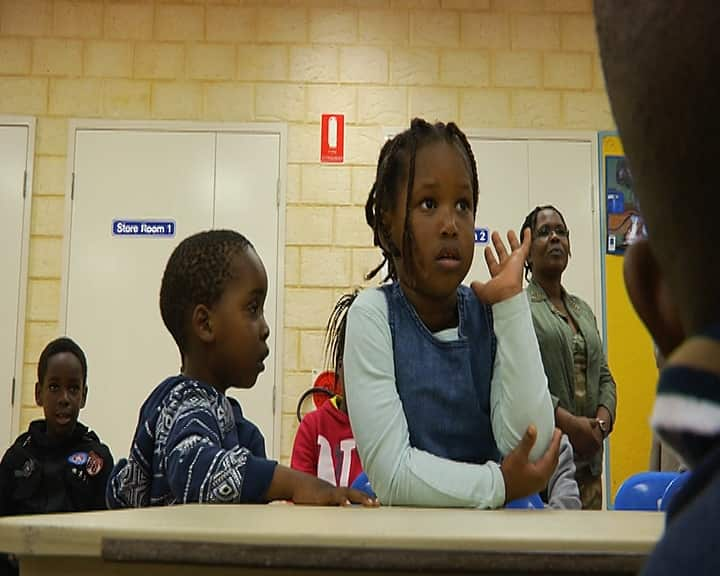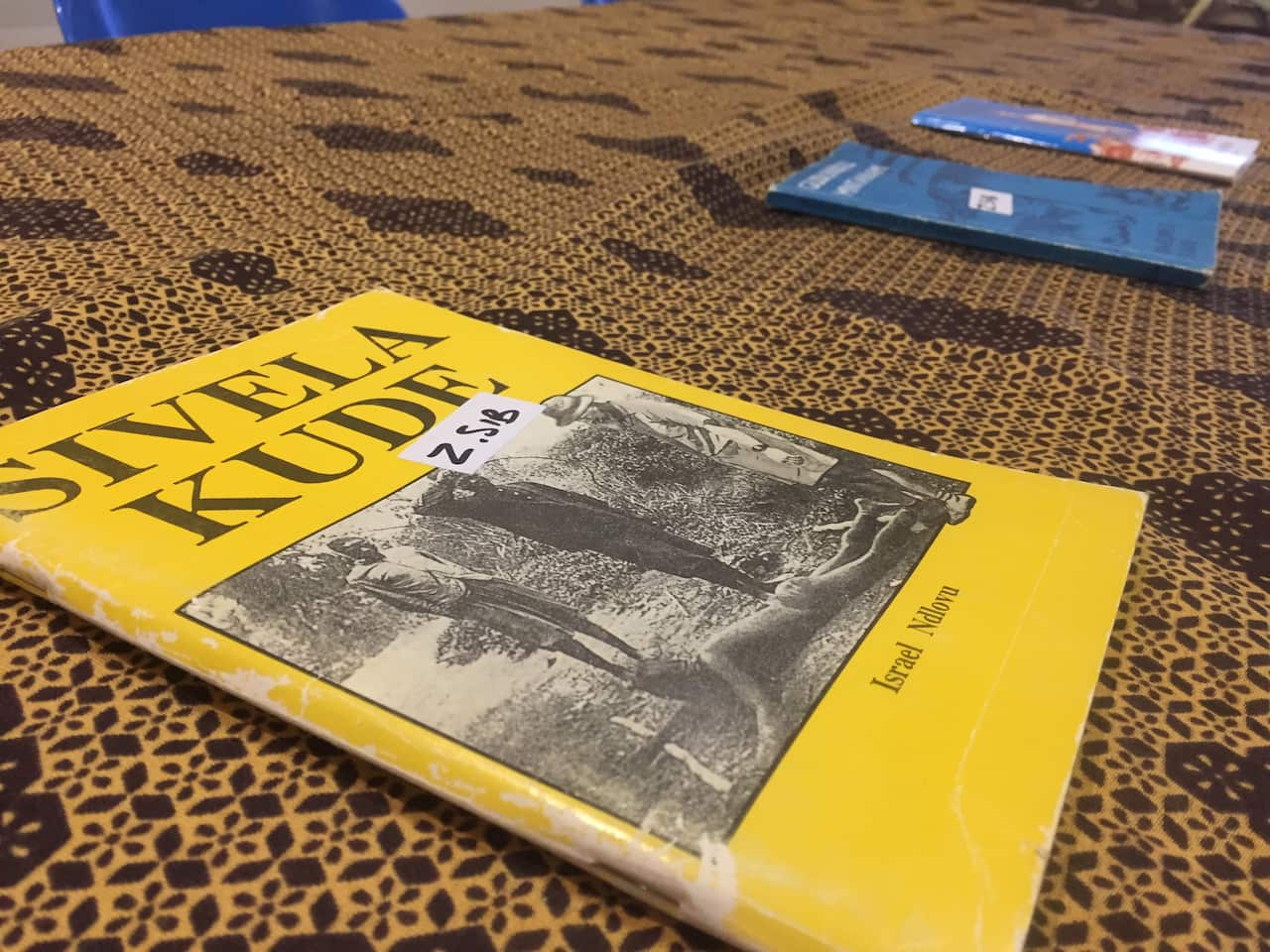Thembie Moyo might have had a vested interest in helping establish the Zimbabwean Language School in Perth.
Mrs Moyo's daughter – born in England and raised around the world – does not speak her mother’s tongue.
“She goes to Zimbabwe and she’s like an outsider,” Mrs Moyo said.
“Even when she’s playing with my nieces and nephews, she can’t fit in.
“She becomes this person who really doesn’t belong anywhere.”
It’s a concern shared by many parents who have enrolled their children in the Zimbabwe Language School at the Beeliar Community Centre in Perth’s south east.
“She becomes this person who really doesn’t belong anywhere.”
Mrs Moyo said they loved their new home in Australia and wanted their children to have a shared identity with their parents and relatives.

“When she comes here to Australia, she looks different,” she said.
“When she goes there (Zimbabwe) and talks to her friends they always ask her where are you actually from? Where are your parents from? And when she says from Zimbabwe they’ll ask her can you speak the language and she says no.
“It’s such an embarrassment and a shame and it’s really such a loss to the identity because when they get to teenage years they don’t know whether they are Zimbabwean or Australian or somewhere in between so it’s really important that they will have somewhere where they can identify.”
Some students in the class agree.
Eleven-year-old Lisa Nyoni is nearly fluent in Ndebele – one of Zimbabwe’s many languages – thanks to her parents' teaching.
But she said she saw the merit in taking the classes.
“I think it's really good to know about it because I'm keeping my culture alive and I'm knowing more about my roots so I never forget where I'm from and about what my identity is about,” she said.
Knowing another language can also be handy for keeping secrets according to her classmate and long-time friend Thabisile Bhebhe.
He’s taught his classmates some Ndebele.
“Sometimes we play soccer and I can communicate with them in my language so the other team doesn't hear our strategies,” he said.
Nine-year-old Germaine Kawonza wants to be able to talk to her grandparents back in Zimbabwe in the language Shona – although she has plans to learn the other languages.

“Shona is quite a complex language,” she said.
“It does take quite a bit of hard work.
“I’m not sure about Ndebele, but once I start learning them both it will become easier because I would have had some practice.”
The classes are open to all and officially start Sunday, August 2.
